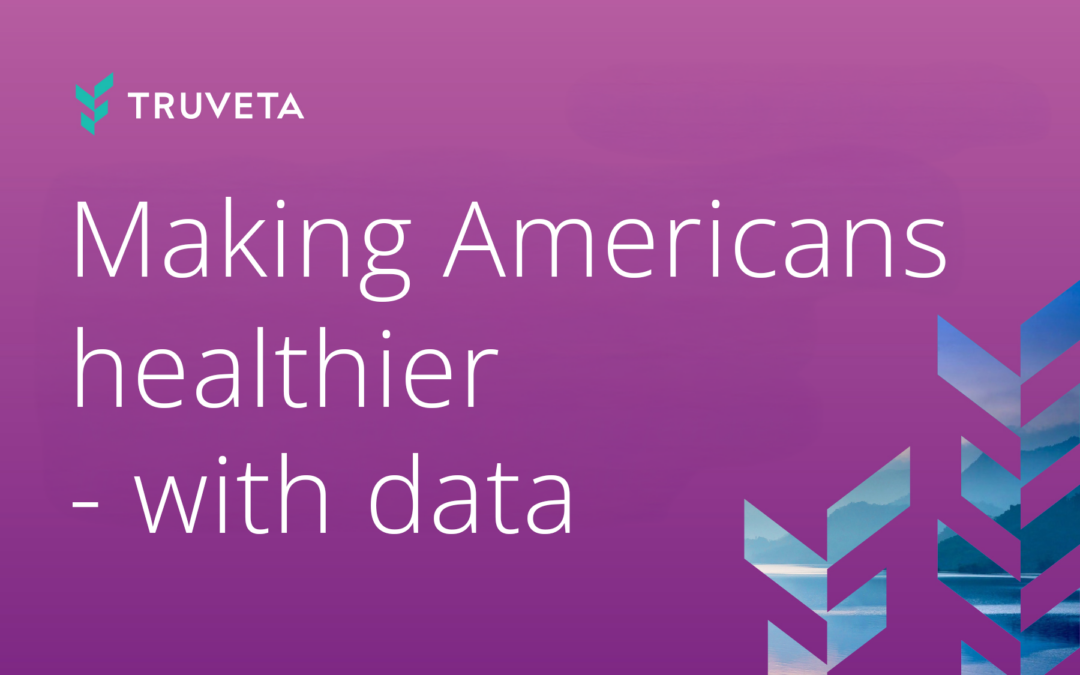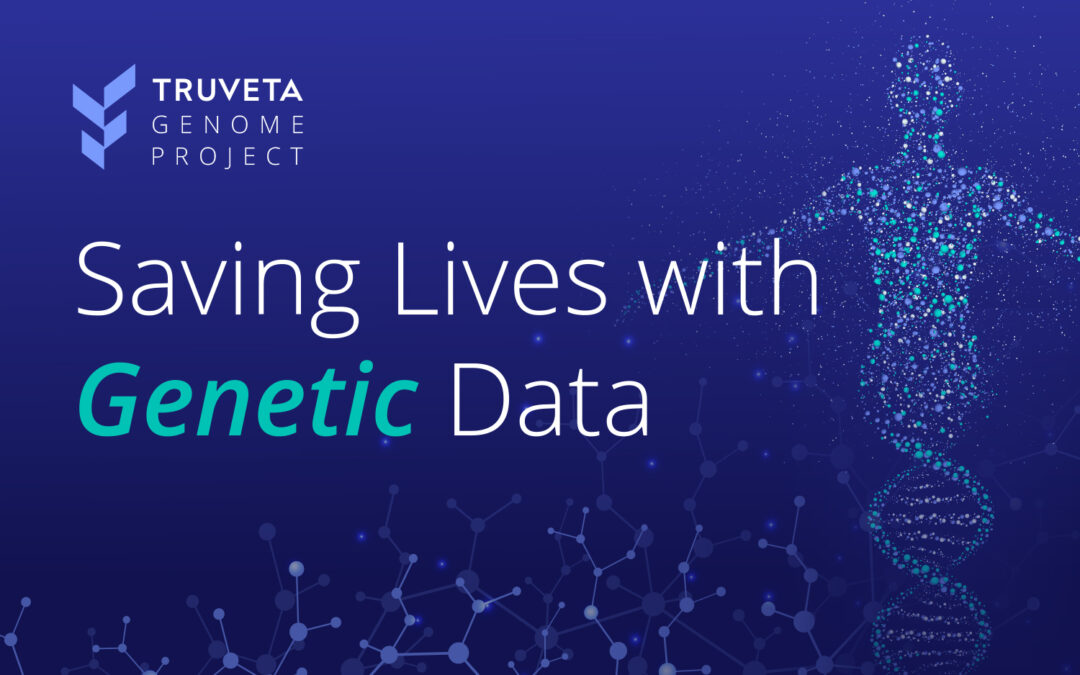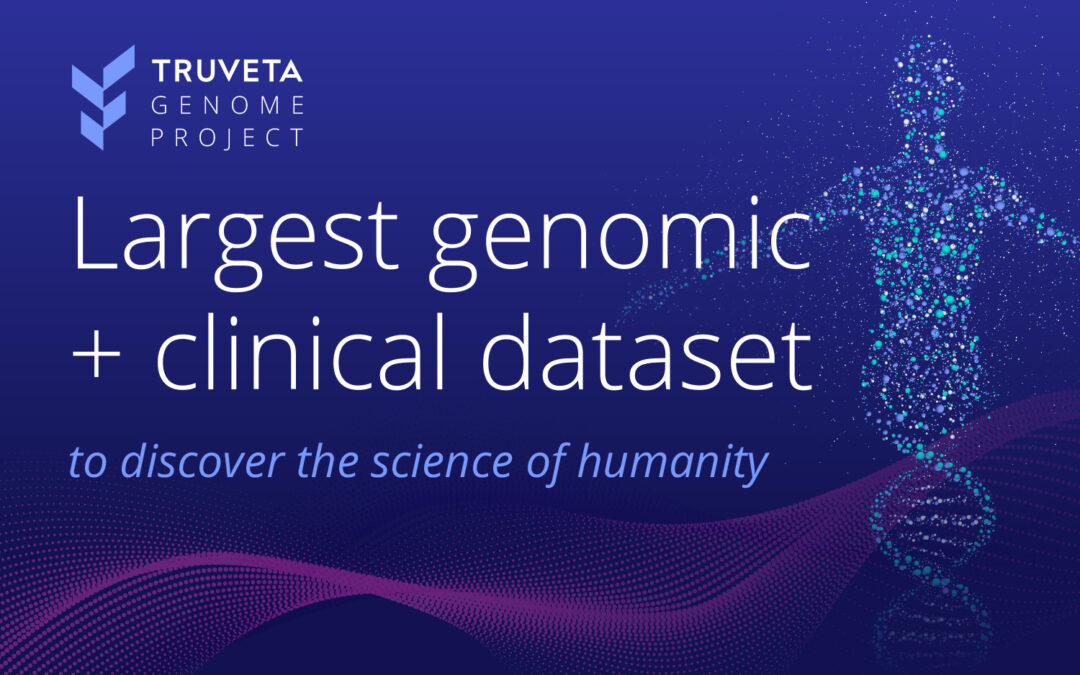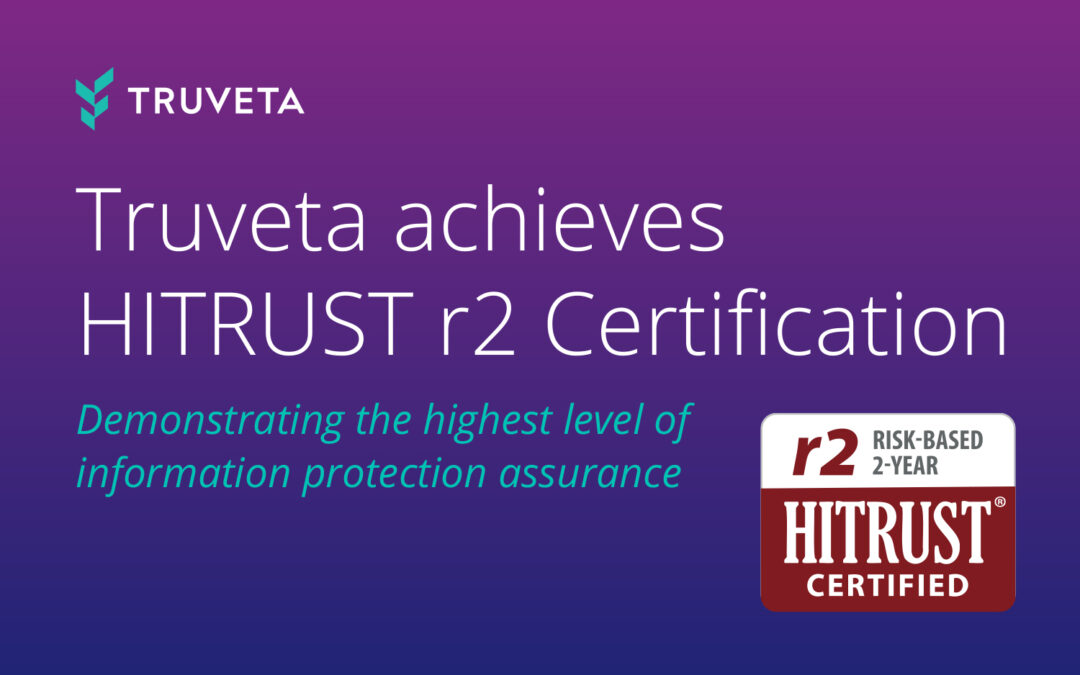August is National Immunization Awareness Month and we spoke with Sarah Stewart, MD, a pediatrician and a clinical informatics fellow at Truveta.
As part of building awareness, she offers some context about vaccinations for kids before they head back to school, tips on talking to parents and kids about immunization, and what the future looks like for vaccination.
What is the state of vaccination today?
According to the World Health Organization, “Despite tremendous progress, vaccination coverage has plateaued in recent years and dropped since 2020. The COVID-19 pandemic and associated disruptions over the past two years have strained health systems, with 25 million children missing out on vaccination in 2021, 6 million more than in 2019 and the highest number since 2009.”
Since the 1700s, once-deadly diseases like smallpox, polio, and measles have become preventable across much of the world, thanks to vaccines developed by researchers such as Edward Jenner, Jonas Salk, and Dr. Maurice Hilleman. Then, in July 2022, the US recorded the first case of polio in the country in nearly a decade.
As vaccination rates decline in younger populations, providers like me are tracking vaccinations commonly required for children to attend school, like Tdap and MMR, vaccines which help prevent diseases like tetanus, pertussis (whooping cough), measles, mumps, and rubella.
I understand vaccination is sensitive for many people. As a pediatrician, my focus is to help my patients and their guardians have accurate medical information to help guide their decisions about preventing disease.
In your professional experience working with kids and their parents/guardians, how do you approach vaccination?
In my own practice, I have seen interest and excitement in the pediatric COVID-19 vaccine at each step from parents and patients. In general, I have not seen a significant uptick in routine vaccine refusal but have had more conversations around the safety and efficacy of the immunizations we give.
Do you have a theory about where vaccine hesitancy comes from?
Vaccine hesitancy is not new. We saw it with the creation of the first vaccine for smallpox in the 1720s, we saw it historically with the polio vaccine, we see it with routine childhood vaccinations, annually with the flu vaccine, and now we are seeing it with the COVID-19 vaccine.
I think that vaccine hesitancy can stem from a lot of places. First, I think it is natural to want to understand the risks and benefits of any medical intervention or treatment — I want to understand the safety and efficacy data myself when deciding on medical interventions for my family or patients. Unfortunately, when inaccurate information circulates, it can be tricky for families to decipher truth from misinformation.
Second, I think many families are making a risk assessment when they make decisions about vaccinating themselves or their children. For example, during the polio epidemic, the risk of contracting and becoming paralyzed or dying from polio was much higher than it is today. Luckily, due to the success of the polio vaccine, polio was eliminated from our country for many years.
Today, when a family has baseline hesitancy to vaccinate, and then is asked to vaccinate their child against a disease they feel is not a true risk to their child’s health, they may be more likely to decline. Unfortunately, the more individuals not completely vaccinated against a disease or condition, the more our herd immunity suffers, and we start seeing cases of previously eliminated diseases, like polio, in our communities. Others cite additional grounds for vaccine hesitancy or refusal, including religious or cultural reasons.
Do you think the societal conversation about COVID vaccination has impacted other vaccination rates?
Globally, we have seen significantly lower childhood vaccine rates since the start of the COVID-19 pandemic. We know that COVID lockdowns led to missed routine checkups, difficulty accessing services, and supply chain issues, among other things, and thus many children fell behind on their routine vaccines. I don’t think we know the full impact of the COVID vaccine conversations on other vaccines at this time, but this will be important for us to watch moving forward.
How do you address misconceptions about vaccines?
I am a HUGE advocate, as are my pediatrician colleagues, of vaccines. On a personal level, I have made more of an effort to share with friends and family our plans to vaccinate our family. I have received numerous questions from non-patients and am always happy to answer them.
On a professional level, it is important to address misconceptions on an individual family basis with my patients. Often families have a specific concern that I can help explore with credible data sources, like those from the CDC or Healthy Children. Prior to the pandemic, our childhood vaccine rates were actually pretty high — in fact, 95% of kindergarteners across the country were up to date on their required vaccines for the 2019-2020 school year, indicating most families are vaccinating their children. I am hopeful we can get back to these numbers. A follow-up study for the 2020-2021 school year, in the beginning of the pandemic, shows that “compared with the 2019-20 school year, vaccination coverage decreased by approximately one percentage point for all vaccines.”
As clinicians, we go to school for years to understand the science behind vaccines and how to interpret safety and efficacy data. So, ask your care provider questions! We want to answer them. Vaccines are safe and effective! They are one of the most powerful tools we have to keep our patients, our children, and our communities healthy!
Is this a common conversation among other pediatricians?
Yes! We are constantly trying to learn from one another how best to have these conversations with families, especially as the landscape changes and new concerns from families arise. As new vaccines are developed, like those for COVID, we evaluate the safety and efficacy data in detail and have conversations with each other about it too. Overall, like I said, pediatricians are HUGE vaccine advocates! We have saved millions of lives by providing vaccines to our patients and communities.
What do you want people to know about getting vaccinated and/or getting their kids vaccinated?
Vaccines are safe and save lives. In addition to the protection they offer you and your child, vaccines also protect those in our communities who are unable to be vaccinated for medical reasons, like a child receiving chemotherapy for cancer treatment, or who are unable to produce a robust immune response from vaccination themselves, like we see in some of our older patient populations. I love it when kids come into my office and tell me they are getting their vaccine to keep themselves AND their grandma healthy — kids get it! Of course, please ask your care provider if you have any questions or concerns about vaccines! We are here to help keep you and our communities healthy.
For more information about vaccination and immunization, view the WHO’s resources page.
—
Truveta is the world’s first health system-led data platform with the vision of saving lives with data. Through partnerships with more than 20 innovative health system members, the Truveta platform represents the full diversity of our country across age, geography, race, ethnicity, and sex. Truveta aims to help researchers find cures faster, empower every clinician to be an expert, and help families make the most informed decision about their care. Follow us on LinkedIn and Twitter for updates.







